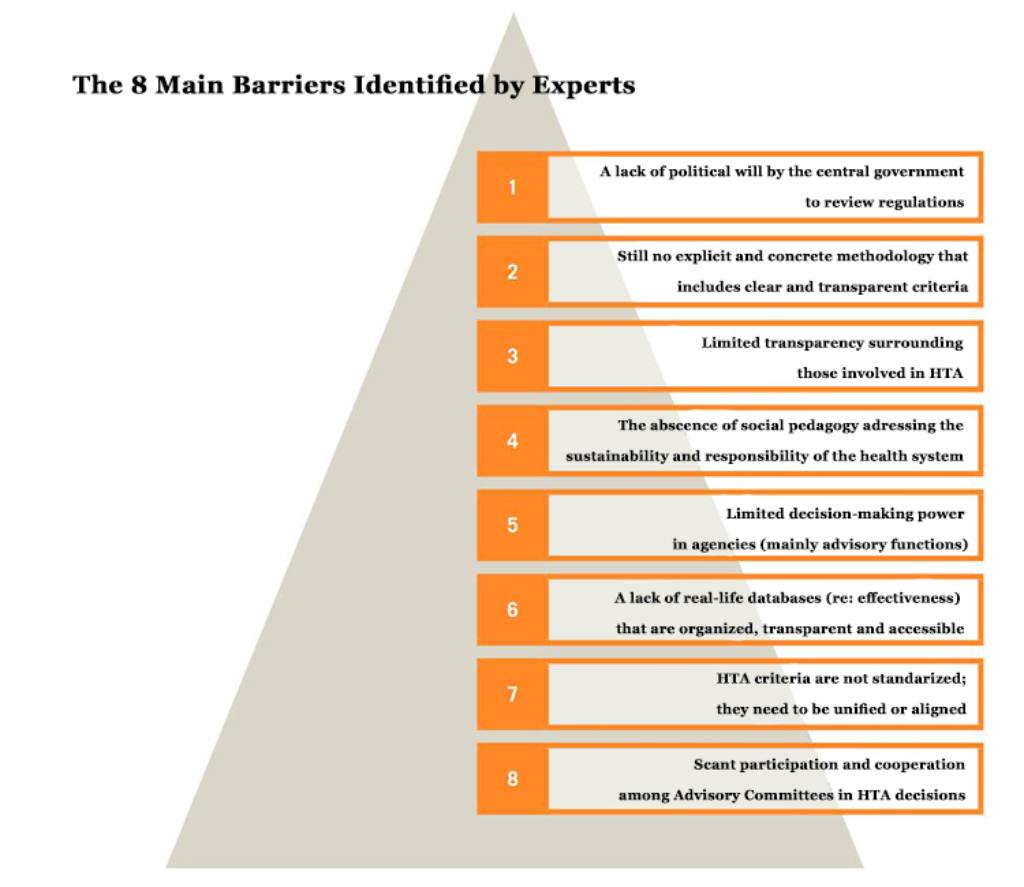
IESE Insight
Are new criteria needed for financing drugs?
Should cost-effectiveness be the sole consideration when deciding whether to finance new drugs? Many in the healthcare industry in Spain are now questioning the criteria that currently govern pharmaceutical policies.
Spain's current Law on Guarantees and Rational Use of Medication and Healthcare Products stipulates that securing public financing for a new drug depends upon a number of criteria. But in practice, two things — cost-effectiveness and budgetary impact — generally take precedence above anything else.
A 2018 report from IESE's Center for Research in Healthcare Innovation Management (CRHIM) examines how Spain is — and how it should be — funding healthcare today. A multidisciplinary committee of experts from the healthcare industry identifies the barriers and limitations related to healthcare technology assessment (HTA), explores possible ways to overcome them, and suggests which criteria should apply in the decision-making process.
Overcoming Assessment Barriers
Healthcare technology assessment is a means to help make efficient, and rational, use of available resources. However, many factors keep HTA from becoming a truly effective tool to support decision-making around pharmaceutical policy.
Barriers range from a lack of resources to delays in assessment, including poor prioritization, insufficient cooperation and international harmonization, and limited dissemination of findings.

These obstacles can best be overcome, according to the panel of experts, by improving training for all agents, creating national registries of findings in healthcare and encouraging Spain's different autonomous regions to coordinate their efforts.
Decision-making Criteria
In fact, the latest amendment to the Spanish Law on Guarantees and Rational Use of Medication and Healthcare Products describes the role of an Advisory Committee in the public financing of pharmaceuticals for the national health system. It also proposes updated criteria for the public financing of new medications in Spain. However, no decisions have actually been made following the new guidelines.
The reasons for this include a lack of standardization and unification of assessment criteria, as well as the lack of an explicit and concrete methodology to handle criteria.
Specifically, this committee of experts has identified and prioritized the criteria for assessing drugs for immune-mediated, onco-hematological and inflammatory diseases, in order to improve decision-making around pharmaceutical policy.
The criteria selected by the experts focus on the burden of the disease, unmet needs, usefulness, effectiveness, safety, results (reported by the patient), costs, budgetary impact, and innovation. The conclusion is that these variables, at least, should be present when assessing any new drug.
Methodology, Very Briefly
The project consisted of five phases, which included a review of the existing information on the subject, a survey of key stakeholders on assessment and pharmaceutical policy, and two meetings of the expert committee. The purpose was to identify the current limitations of HTA and how to overcome them.
This committee of experts comprised patient representatives, assessment entities and regional health services, as well as medical specialists, specialists in hospital pharmacy and experts in health economics.
